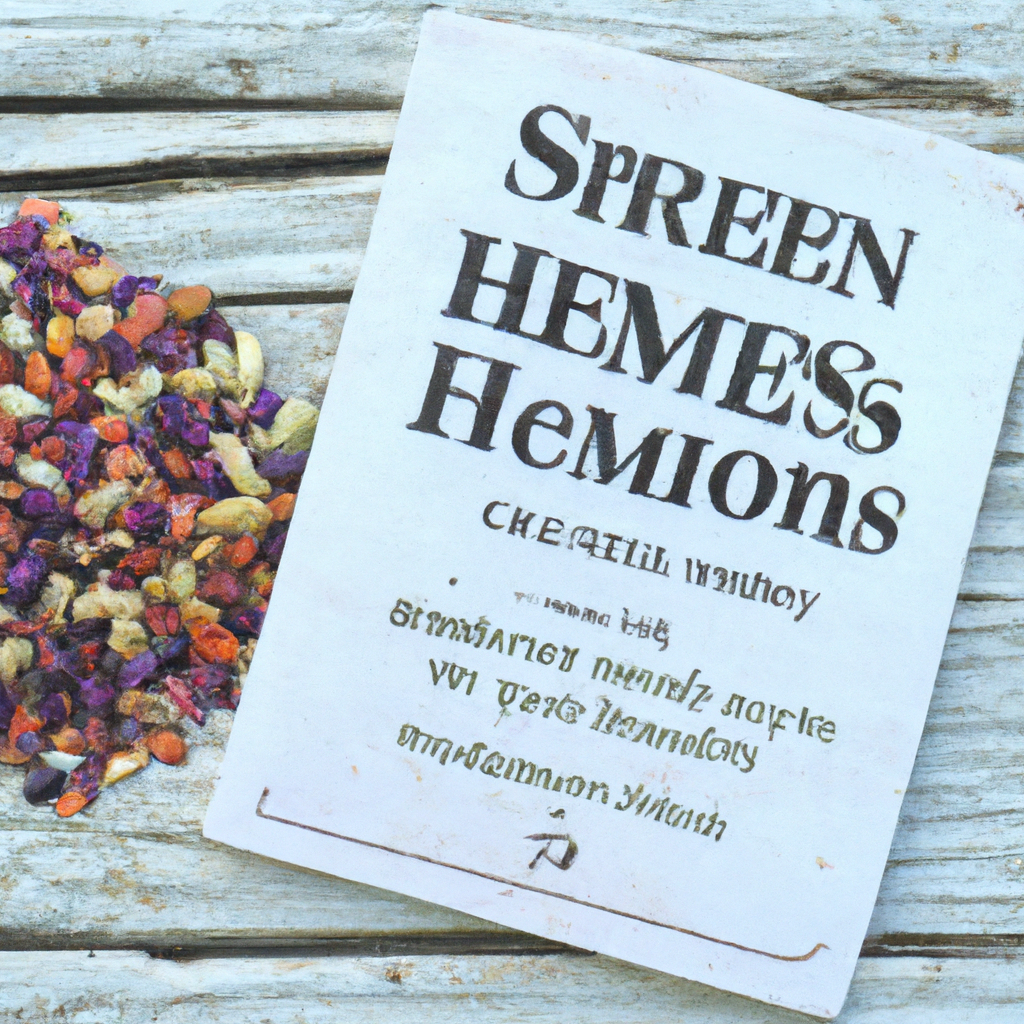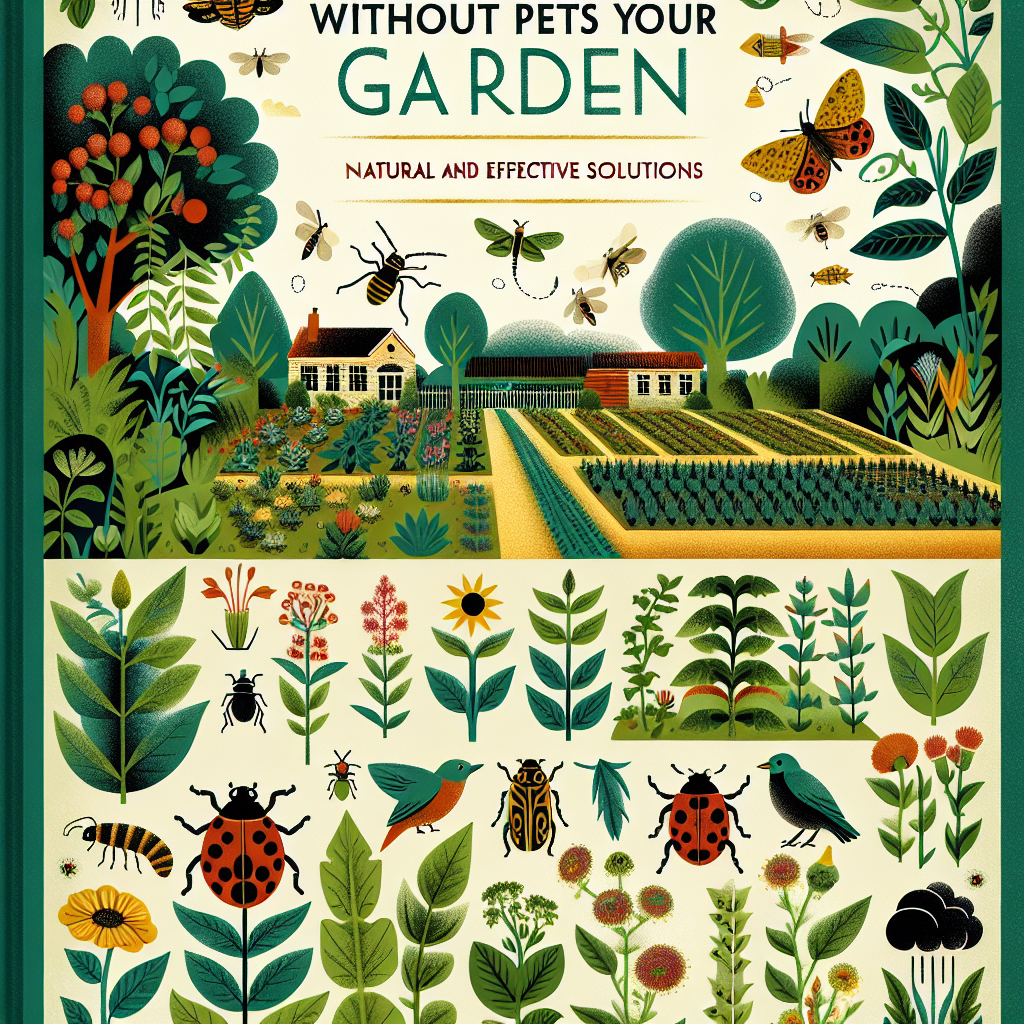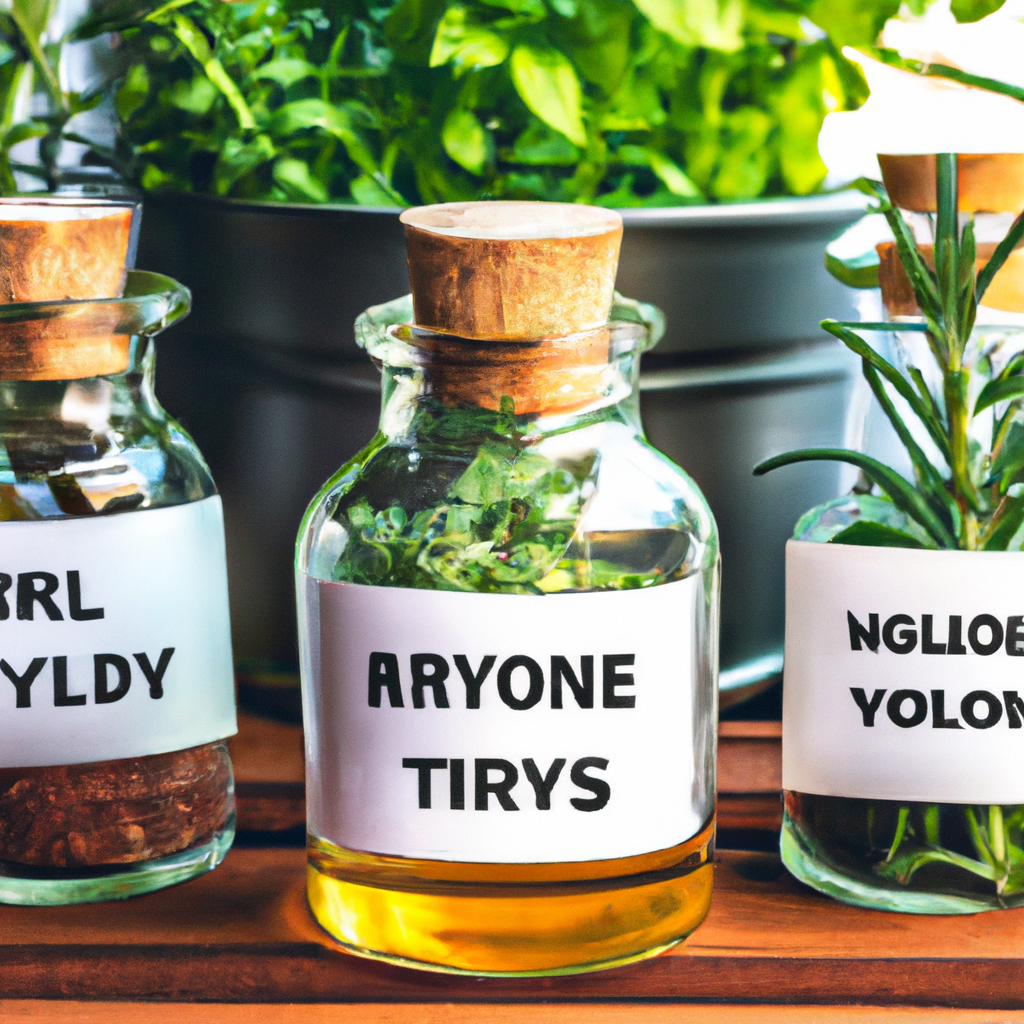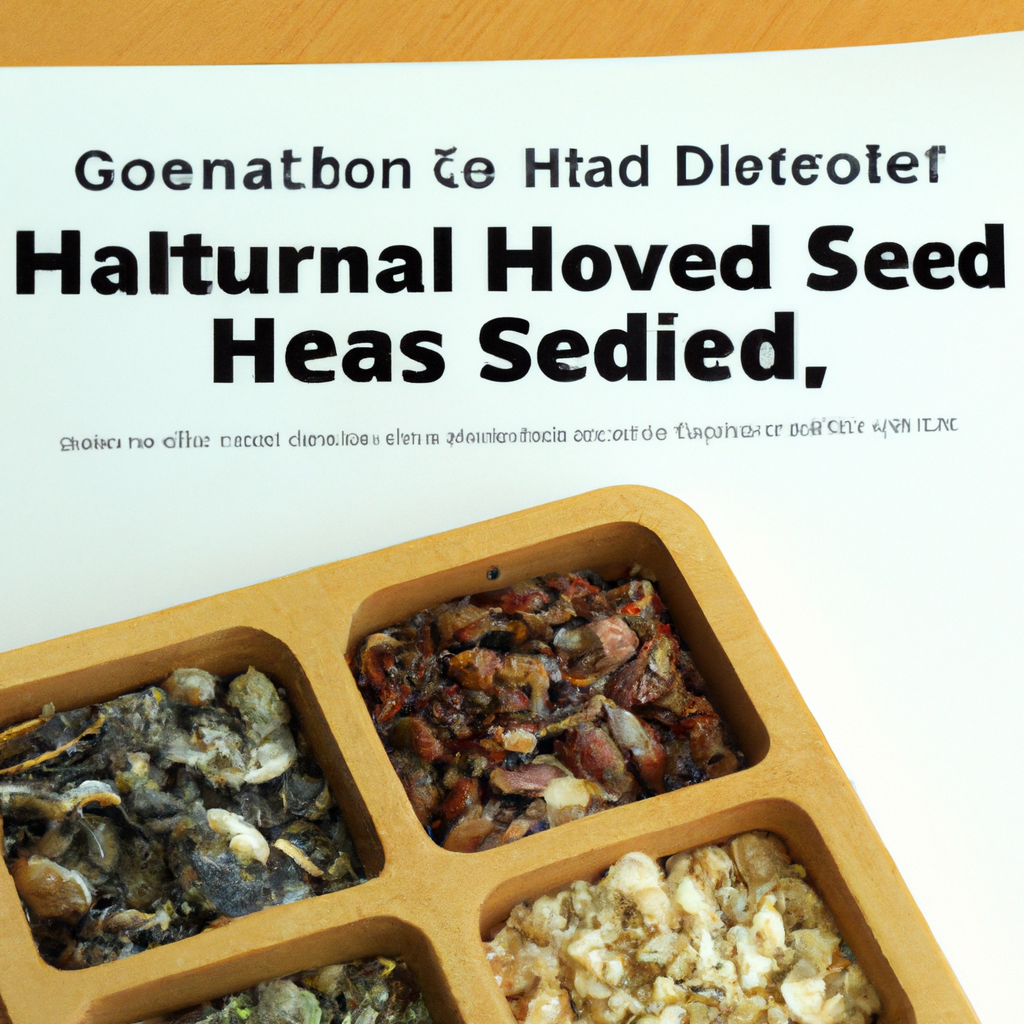The Difference Between Organic and Heirloom Seeds: Making Natural Choices for Your Garden
When starting a garden, you may find yourself wondering about the difference between organic and heirloom seeds. These terms are often used interchangeably, but they have distinct meanings and implications for natural gardening, plant diversity, and sustainable agriculture. In this comprehensive guide, we will break down the key differences, explore their benefits, and help you understand which option is best for your eco-friendly garden.
What Are Organic Seeds?
Organic seeds are produced from plants grown without the use of synthetic chemicals, such as pesticides, herbicides, or genetically modified organisms (GMOs). Certified organic seeds are grown using organic farming practices, which emphasize soil health, biodiversity, and environmental sustainability. These seeds are often sought after by gardeners who wish to cultivate crops naturally and avoid exposure to harmful substances.
- Certified by regulatory bodies to ensure organic standards are met
- Maintains natural soil fertility and ecosystem balance
- Non-GMO by definition
- Promotes sustainable agriculture and healthy crop production
What Are Heirloom Seeds?
Heirloom seeds refer to seed varieties that have been passed down through several generations due to their valued characteristics. Typically, an heirloom variety is open-pollinated and has a history spanning at least 50 years. These seeds are cherished for their genetic diversity, unique flavors, and connection to history.
- Open-pollinated, allowing you to save seeds year after year
- Genetically stable—plants grow true to type each season
- Often non-hybrid and non-GMO
- Comes with a rich cultural heritage and unique appearance
Organic vs. Heirloom Seeds: Key Differences
| Feature | Organic Seeds | Heirloom Seeds |
|---|---|---|
| Definition | Grown without synthetic chemicals or GMOs | Open-pollinated, preserved for generations |
| Certification | Certified organic | No formal certification; based on history |
| Genetic Diversity | Varies; can be modern or traditional | High; traditional varieties |
| Seed Saving | Possible if open-pollinated | Encouraged and reliable |
| Natural Practices | Grown with natural, sustainable methods | May be grown organically or conventionally |
Are Heirloom Seeds Always Organic?
It’s important to note that while many heirloom seeds are grown using natural practices, not all are certified organic. Heirloom refers to the seed’s history and genetic preservation, while organic refers to the way the seed crop was grown. You can find organic heirloom seeds, but heirloom by itself does not guarantee organic growing methods.
Benefits of Using Organic and Heirloom Seeds
Why Choose Organic Seeds?
- Grown without synthetic chemicals, supporting natural gardening
- Reduces exposure to pesticides and GMOs
- Protects pollinators and beneficial insects
- Supports organic farmers and sustainable agriculture
Why Choose Heirloom Seeds?
- Preserves genetic diversity and old-fashioned flavors
- Allows for seed saving and sharing
- Connects you to gardening history and tradition
- Offers unique colors, shapes, and characteristics
Natural Gardening: Combining Organic and Heirloom Seeds
For a truly natural garden, consider using organic heirloom seeds. This approach combines the best of both worlds: seeds grown without chemicals and varieties with a rich heritage. By planting organic and heirloom seeds, you help promote biodiversity, environmental stewardship, and food security.
“Choosing seeds that are both organic and heirloom is a powerful way to support natural gardening and preserve our agricultural heritage for future generations.”
Frequently Asked Questions
- Can I save seeds from organic or heirloom plants?
- Yes, as long as they are open-pollinated (most heirlooms are), you can save seeds for future planting. Hybrid seeds may not grow true to type.
- Are organic seeds non-GMO?
- Yes, organic certification prohibits genetically modified organisms (GMOs).
- Can I buy organic hybrid seeds?
- Yes, some organic seeds are hybrids, but hybrids cannot be classified as heirloom. Heirloom seeds are always open-pollinated.
- Which is better: organic or heirloom seeds?
- It depends on your gardening goals. Organic seeds are ideal for those avoiding chemicals, while heirloom seeds are best for preserving variety and flavor. Organic heirloom seeds offer both benefits.
Conclusion: Making the Natural Choice
Understanding the difference between organic and heirloom seeds helps you make informed, natural choices for your garden. Organic seeds are defined by their chemical-free cultivation, while heirloom seeds are defined by their history and genetic legacy. Both are valuable for natural gardening, supporting biodiversity, and growing healthy, flavorful crops. For the best results, seek out organic heirloom seeds and enjoy the benefits of natural, sustainable gardening!



